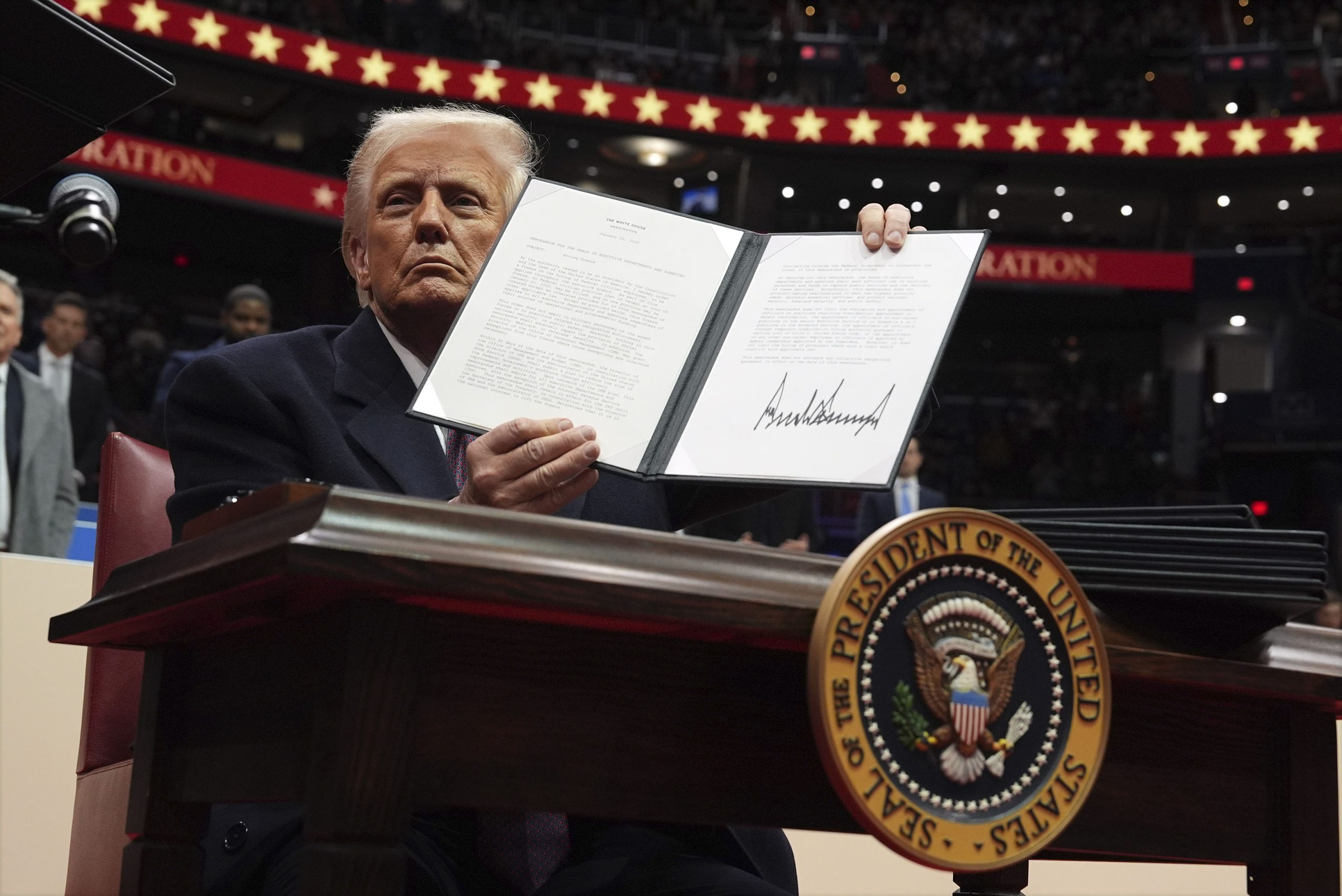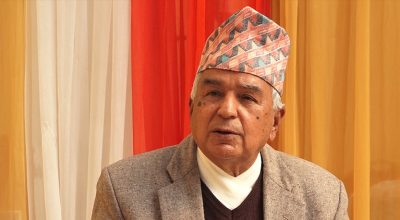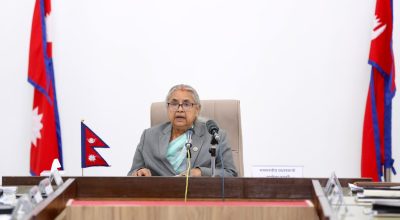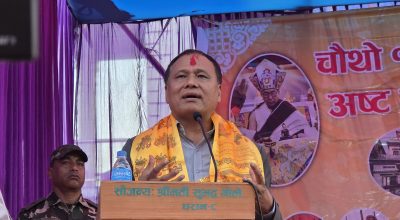
Newly elected U.S. President Donald Trump officially assumed office for his second term at the White House on Monday. During his previous term (2017-21), Trump had announced the U.S. withdrawal from the Paris Agreement. With his inauguration into a second term, he reiterated the decision to exit the global climate accord, raising significant concerns among stakeholders worldwide.
With signing the Executive Order in January 20, 2025, President Trump has stated: “Sec. 3. Implementation. (a) The United States Ambassador to the United Nations shall immediately submit formal written notification of the United States’ withdrawal from the Paris Agreement under the United Nations Framework Convention on Climate Change.”
Likewise, the Order further says, “(c) The United States Ambassador to the United Nations, in collaboration with the Secretary of State and Secretary of the Treasury, shall immediately cease or revoke any purported financial commitment made by the United States under the United Nations Framework Convention on Climate Change.”
Dr. Maheshwar Dhakal, head of the Climate Management Division under Ministry of Forests and Environment, expressed worry over the potential implications of the U.S. withdrawal. “It is not beneficial for a wealthy and powerful country like the U.S. to withdraw from the Paris Agreement, as it affects the international community,” he stated. However, he emphasized that despite the U.S. exit, Nepal and other countries should strengthen bilateral assistance to mobilize for addressing climate issues.
Global concerns over U.S. exit
Climate expert Raju Pandit Chhetri highlighted the risk that other powerful nations might also pull back from implementing the Paris Agreement if the U.S. does so. The World Meteorological Organization’s (WMO) 2024 Climate Status Report has already highlighted the escalating climate crisis, identifying 2024 as potentially the hottest year on record. Chhetri emphasized that such withdrawals would exacerbate the climate impacts on vulnerable nations like Nepal.
Chhetri noted the U.S. ranks second globally in greenhouse gas emissions, giving it a significant responsibility to combat the climate crisis. He warned that if leading nations shirk their commitments, other nations may follow suit, worsening the crisis.
Challenges in implementing NCQG targets
The 29th Conference of Parties (COP-29) to the UN Framework Convention on Climate Change (UNFCCC), held in Baku, Azerbaijan, discussed a new collective quantified goal (NCQG) for climate finance. Developed nations pledged to provide US$300 billion annually to developing countries, though the latter had demanded US$1.3 trillion.
Dr. Dharamraj Upreti, an expert on climate and disaster management, expressed doubts about the availability of the pledged $300 billion, especially given the U.S. withdrawal. He stated that the funds would be insufficient to address the escalating climate crisis and stressed the need to expand multilateral funds like the Green Climate Fund and Loss and Damage Fund to tackle climate-related disasters in poor countries.
Concerns have also been raised about achieving carbon reduction targets if the Paris Agreement is not implemented. Naresh Sharma, Under-Secretary of the Climate Management Division, noted that the U.S. plays a significant role in clean energy initiatives, and its withdrawal from the agreement could complicate practical efforts to limit global temperature rise to 1.5°C.
Since 1850–1900, Earth’s temperature has increased by 1.4°C, with 1.3°C attributable to human activities, according to the WMO. Alarming trends, including significant glacier melt, rising sea levels, and increasing ocean temperatures, have been highlighted.
Threat to mountain security
Climate advocate Gita Pandey warned that failure to implement the Paris Agreement could severely impact Nepal’s mountainous regions, accelerating glacier melt. The Asian Development Bank has projected that climate change could reduce GDP in developing Asia-Pacific countries by 17% by 2070. Similarly, a study by the International Centre for Integrated Mountain Development (ICIMOD) revealed that glacier melting in the Hindu Kush Himalayas has increased by 65% over the past decade.
Experts stressed the importance of enhancing domestic capacity to combat climate change. Advocate Rajan Thapa suggested Nepal should diversify its partnerships to mobilize climate finance and reduce dependency on a single nation.
What is the Paris Agreement?
The Paris Agreement, adopted in 2015 during the 21st COP to the UNFCCC, aims to limit global temperature rise to 1.5°C to mitigate the climate crisis. Signatory nations committed to reducing carbon emissions and implementing policies to achieve this goal. However, the U.S. withdrawal from the agreement threatens to undermine global efforts to address the escalating climate crisis, leaving vulnerable nations like Nepal to bear the brunt of its consequences.















